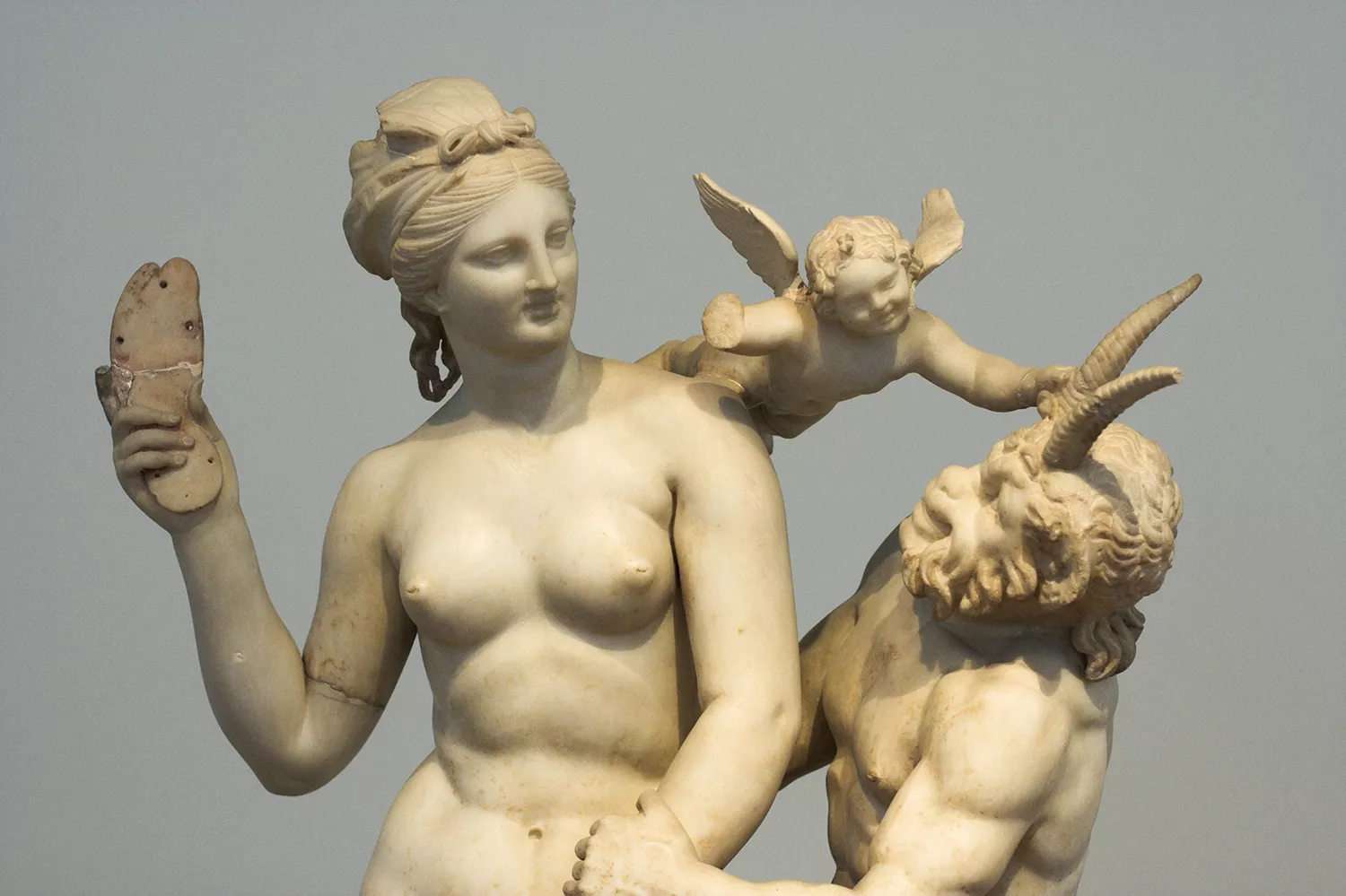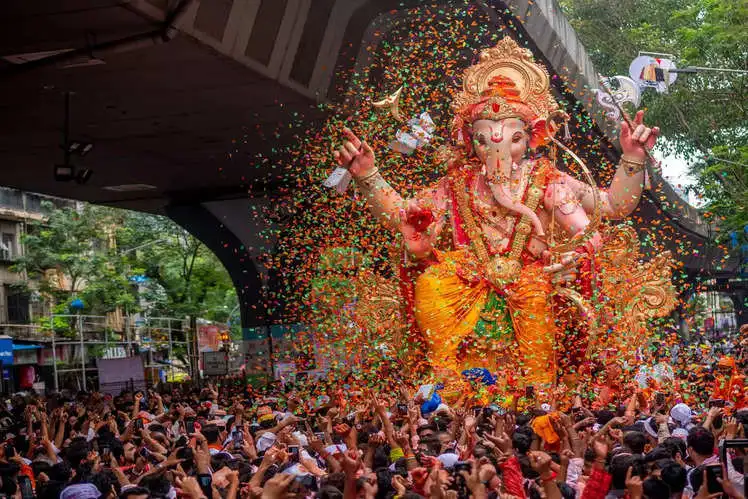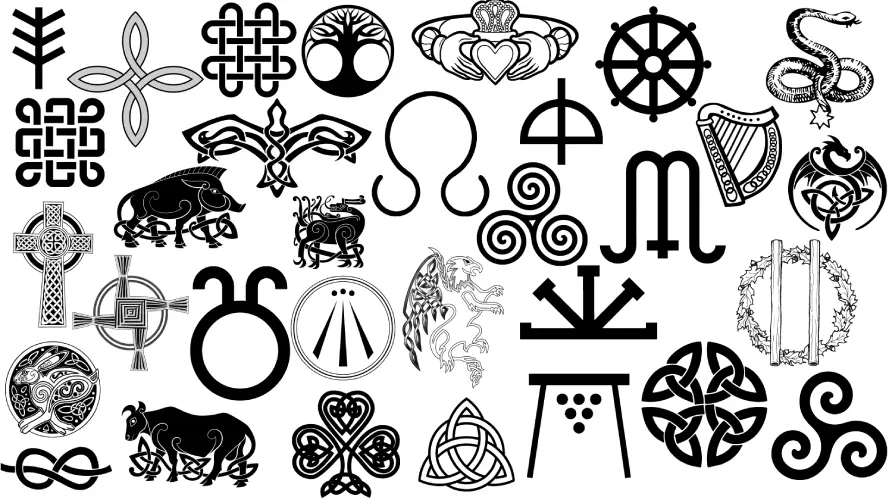Aphrodite: The Greek Love Goddess
In Greek mythology, Aphrodite was the goddess of love, beauty, pleasure, and procreation. She was one of the twelve Olympian gods and goddesses, and was worshipped throughout ancient Greece. Aphrodite was known for her beauty, charm, and seductive powers, and played a significant role in many famous myths and legends.
Origins and Characteristics
The origins of Aphrodite can be traced back to ancient Greece, where she was worshipped as the goddess of love and fertility. In Greek mythology, Aphrodite was born from the sea foam created when the titan Cronus castrated his father Uranus and threw his genitals into the sea. Aphrodite was often depicted as a beautiful woman with long hair and a serene expression, and was sometimes accompanied by her son Eros, the god of love.
Aphrodite was also associated with the planet Venus, which was known as the morning star and was considered a symbol of beauty and love. In some myths, Aphrodite was even identified with the planet Venus, and was known as the “morning star of love.”
Myths and Legends
Aphrodite was involved in many famous myths and legends throughout Greek mythology. One of the most famous stories involving Aphrodite is the myth of Adonis. According to the myth, Aphrodite fell in love with Adonis, a handsome young man, and tried to protect him from harm. However, Adonis was eventually killed by a wild boar, which led Aphrodite to mourn his loss and declare an annual festival in his honor.
Another famous myth involving Aphrodite is the story of the Trojan War. According to the myth, Aphrodite promised the Trojan prince Paris the most beautiful woman in the world, Helen of Sparta, in exchange for his vote in a beauty contest. This led to the Trojan War, which lasted for ten years and ended with the destruction of Troy.
Worship and Festivals
Aphrodite was widely worshipped by the people of ancient Greece, and there were many festivals and ceremonies dedicated to her. The most famous of these festivals was the Aphrodisia, which was held in the month of Hekatombaion (July-August) and was dedicated to Aphrodite as a goddess of love and fertility. During the festival, people would make offerings to Aphrodite, and women would participate in special rites and ceremonies.
Another important festival dedicated to Aphrodite was the Adonia, which was held in the month of Thargelion (May-June) and was dedicated to the memory of Adonis. During the festival, women would mourn the loss of Adonis and celebrate his memory through songs and rituals.
Legacy and Influence
Aphrodite had a significant impact on Greek society and culture, and her influence can still be seen in many aspects of modern society. For example, the planet Venus is named after the goddess, and is often associated with beauty and love. The concept of a “Venus figurine,” which is a small statue or figurine of a female form, was also popular in many ancient cultures and is still used today as a symbol of beauty and fertility.
Aphrodite has also been a popular subject in art and literature throughout history. Many famous artists, including Botticelli and Rubens, have depicted Aphrodite in their paintings, while writers such as Homer and Ovid have written about her in their works. In modern times, Aphrodite continues to be a popular subject in art, literature, and pop culture.
Conclusion
Aphrodite was a powerful and influential goddess in ancient Greek mythology, and was widely worshipped and revered by the people of Greece.
![]()





